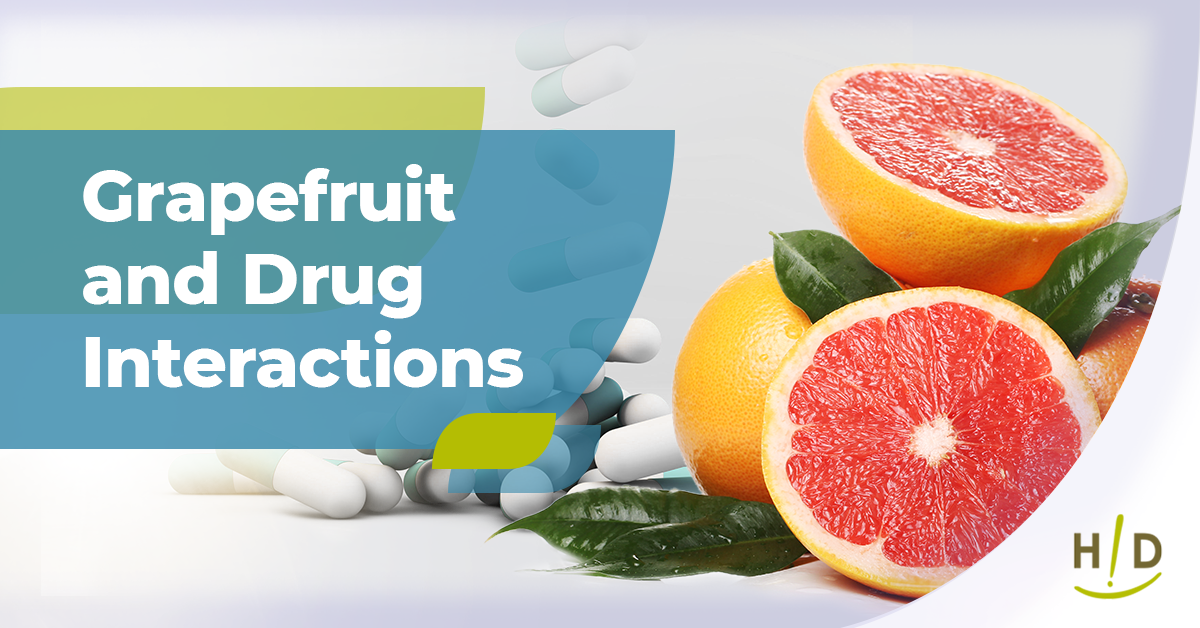Microgreens offer a wealth of nutritional benefits all packed into a miniature version of the leafy vegetables we know so well. Cilantro, broccoli, cabbage, celery, and many more all fall in the microgreen category. While often lumped into the same category as sprouts, sprouts and microgreens are different in many ways. If you’re looking for a way to boost the nutritional value of a meal, microgreens are the way to go. Keep reading to learn about
the health benefits and nutritional value microgreen greens have to offer.
Sprouts and Microgreens – What’s the Difference?
Both sprouts and microgreens can be grown on your kitchen counter, though this is where their similarities end. Harvest time for sprouts occurs at the germination growth stage, while microgreens are harvested at the cotyledon stage, where the first two to four leaves of the plant appear. Also, sprouts are grown in water while microgreens are grown in soil.
Since harvest time for sprouts occurs at an earlier stage than microgreens, the growth potential of the mature plant is still contained inside the sprout. This accounts for why sprouts are more nutrient-dense than microgreens. That being so, microgreens are still the tastier of the two. As far as safety considerations go, microgreens win out on this one as well since sprouts grow in wet, humid environments where the risk of bacteria growth is always present.
Microgreens: Nutritional Information
When compared to mature vegetable greens, microgreens pack a powerful punch, as far as nutritional content goes. On average,
microgreens are anywhere from three to 39 times more nutrient dense (depending on the type of vegetable) than full-grown greens. Chock-full of antioxidants, essential vitamins, minerals, carotenoids, enzymes, and phytochemicals, microgreens definitely hold their own when it comes to supplying the body with the nutrients it needs to thrive.
Not unlike full-grown greens, the nutritional value found in microgreens helps keep the body healthy, reduces the risk of developing chronic diseases like diabetes, heart disease, and arthritis, and can even reverse the effects of chronic diseases. Not surprisingly, this wealth of nutritional benefits ties in with the health benefits microgreens provide. Here are just a few to consider:
Phytonutrients: Anti-Aging Benefits
Microgreens contain high levels of phytonutrients, which act as the plant’s immune system, protecting it against disease, pollution, and environmental threats. These materials have the same effects on the human body when plant-based foods become a part of your daily life.
One way that phytonutrients work to strengthen the body’s cells is by up-regulating the detoxification pathways, helping to flush out accumulated toxins. By clearing out toxins, phytonutrients keep the cells and tissues fresh and clean, which goes a long way toward slowing the aging process.
 Antioxidants: Protection from Free Radical Damage
Antioxidants: Protection from Free Radical Damage
Like phytonutrients, antioxidants help protect the body from damaging materials that accumulate inside the cells. Free radical materials are a byproduct of oxygenation, a process that produces reactive molecules that can harm cell structures, especially cell DNA. Antioxidants, such as beta-carotene, lycopene, lutein, and flavonoids, protect cells by reversing free radical damage and restoring cells back to their natural state.
Enzymes: The Life-Giving Agents
Enzymes act as the catalysts for every chemical process in the body, including the processes that regulate metabolism, energy production, and immune system functions, along with a host of other chemical processes. Unfortunately, the body doesn’t recycle these vital materials, so it’s important to include enzyme-rich foods in your daily diet. Microgreens are packed with enzymes. Not only that, the enzymes contained in both sprouts and microgreens are highly reactive, which enhances their ability to trigger chemical processes and keep the body’s systems running smoothly.
 As for Sprouts …
As for Sprouts …
When it comes to nutritional value, sprouts beat out mature plants by a mile. As mentioned earlier, the growth potential of the plant is inside the harvested sprout. Some sprouts, such as alfalfa, radish, and broccoli, contain more than 100 times more nutrient value than the full-grown vegetable. Since they’re harvested so early in the growth cycle, sprouts are also a rich source of enzyme materials. If you’re leaning toward sprouts but have concerns about the bacteria risk, be sure to
purchase seeds that are made specifically for sprouting and have been pre-tested to ensure no bacterial organisms are present.
Microgreens Demonstrate the Powerful Effects of a Plant-Based Diet
It should come as no surprise that
the Hallelujah Diet incorporates sprouts and microgreens within its menu plan. In essence, the nutrient-dense quality of microgreens and sprouts demonstrate the core principles behind the Hallelujah Diet approach. When you feed the body what it needs, good health and long life are the natural results.






 Antioxidants: Protection from Free Radical Damage
Antioxidants: Protection from Free Radical Damage As for Sprouts …
As for Sprouts …
1 comment
Sherry Elizabeth Ritchie
Powerful God given provision and protection for life.
God receives the glory and honour!
Powerful God given provision and protection for life.
God receives the glory and honour!